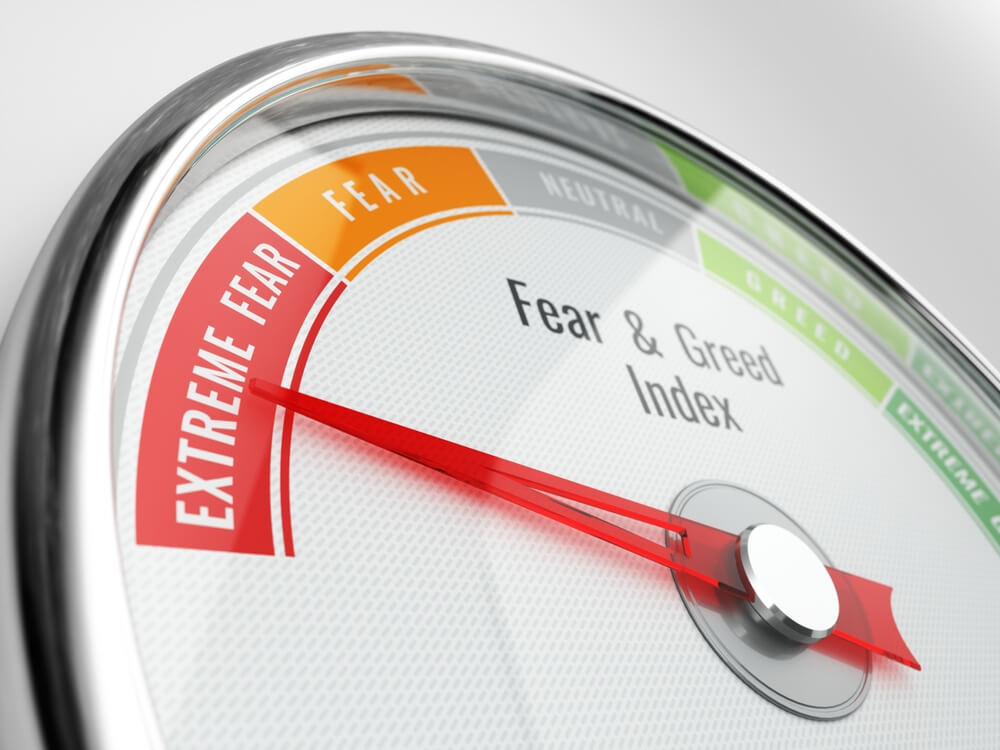Trading in financial markets is often perceived as a game of numbers, charts, and technical analysis. While these elements play a vital role, many traders underestimate the power of psychology and emotions in shaping their trading decisions. In reality, mastering your mindset is just as important as mastering your strategy. Emotional reactions to market fluctuations can quickly derail even the most well-thought-out plans, leading to unnecessary risks and financial losses.
Long-term success in trading requires discipline, emotional control, and a solid strategy to manage psychological traps. By recognizing the common psychological mistakes traders make and developing techniques to avoid them, you significantly increase your chances of achieving consistency and profitability.
Below, we explore the most common psychological mistakes traders face and provide actionable strategies to overcome them.
5 Common Psychological Mistakes in Trading and How to Avoid Them
Overtrading
Driven by impatience or overconfidence, overtrading is one of the most damaging habits in trading. Traders often enter multiple trades within a short period, trying to force results instead of waiting for high-quality setups. This behavior increases transaction costs, amplifies exposure to risk, and often results in emotional burnout.
How to avoid:
- Cultivate patience and discipline.
- Stick to your trading plan and only execute trades that meet your predefined criteria.
- Remind yourself that not every moment is a trading opportunity — the market will always present new chances.

Emotion-Driven Trading
Emotions like fear, greed, and hope often lead traders to make irrational decisions. Fear of losses may prevent them from taking valid trades, while greed may push them to risk more than they should. Emotional trading clouds judgment and leads to impulsive actions, frequently resulting in poor outcomes.
How to avoid:
- Create and strictly follow a well-defined trading plan.
- Use risk management tools like stop loss and take profit orders.
- Regularly review your trades to ensure emotional decisions are minimized.
Chasing Quick Recovery from Losses (Revenge Trading)
One of the most common psychological traps is the urge to quickly recover after a losing trade. This mindset often leads to revenge trading, where traders increase their risk levels irrationally, trying to win back their losses — a behavior that usually worsens the financial damage.
How to avoid:
- Accept losses as a natural part of trading.
- Evaluate new trades based on current market conditions, not past losses.
- Take a break after a significant loss to regain emotional balance before re-entering the market.

Fearful Trading
Fear of loss can make traders too cautious. This fear might prevent them from taking profitable trades or cause them to close positions prematurely, missing potential gains. Fear-driven trading often stems from a lack of confidence or experience.
How to avoid:
- Build confidence through backtesting and practice.
- Understand that no strategy offers a 100% win rate, and losses are part of the process.
- Focus on the bigger picture and long-term profitability rather than individual trades.
Lack of a Trading Plan and Poor Risk Management
Trading without a plan or proper risk management is a recipe for disaster. A lack of structure makes traders vulnerable to market noise, emotional impulses, and inconsistent performance.
How to avoid:
- Develop a comprehensive trading plan outlining your entry and exit rules, position sizing, and risk tolerance.
- Use proper risk-reward ratios and never risk more than you can afford to lose.
- Stick to your plan regardless of temporary market conditions.

Practical Tips for Mastering Trading Psychology
In addition to understanding the common pitfalls, successful traders implement certain habits that help them stay focused and emotionally detached from their trades. Consider incorporating the following into your trading routine:
- Keep a trading journal. Record your trades, emotions, and reasons for each decision. Reviewing your journal helps you spot recurring psychological mistakes.
- Set realistic expectations. Understand that trading is a marathon, not a sprint. Avoid setting unrealistic profit targets that pressure you into overtrading or risky behavior.
- Maintain work-life balance. Trading fatigue can intensify emotional reactions. Taking regular breaks and maintaining balance helps you make better decisions.
Psychology is often the deciding factor between a successful trader and one who struggles to maintain profitability. The ability to manage emotions, avoid impulsive decisions, and remain disciplined separates consistent traders from those caught in cycles of loss and frustration.
Every trader faces psychological challenges, but overcoming them is possible with the right mindset and tools. By creating a structured trading plan, managing risk effectively, and being mindful of emotional triggers, you position yourself for long-term success in the markets.





